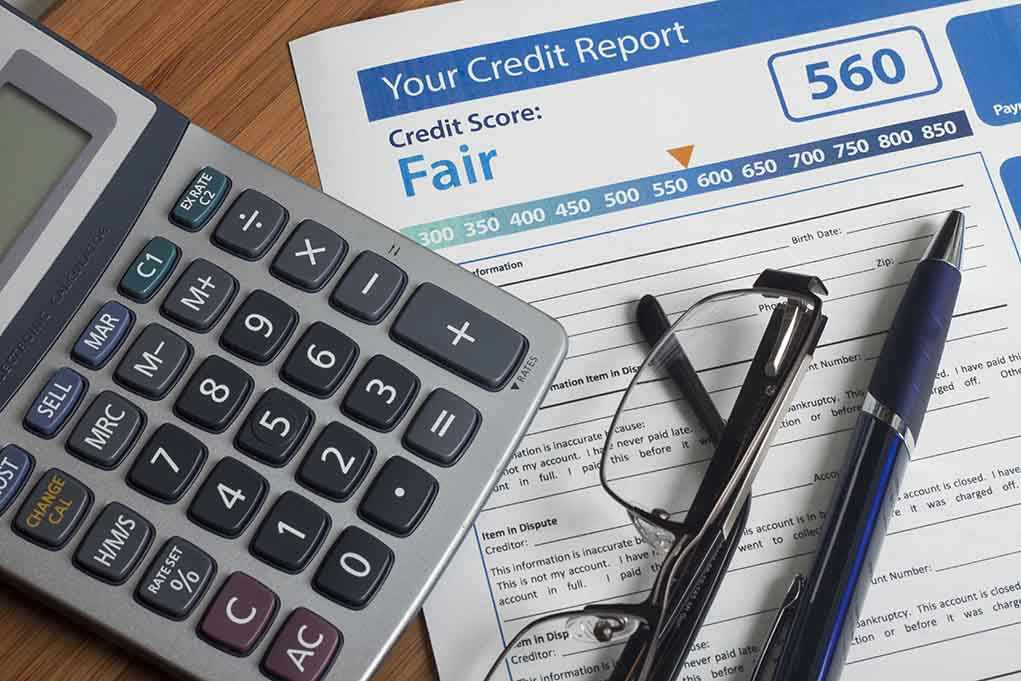
Your credit score might just be the most powerful three-digit number you never knew could dictate your financial destiny—curious how this invisible puppet master works and how you can make it dance to your tune?
At a Glance
- Credit scores originated to objectively assess lending risks.
- They impact everything from loans to renting property.
- Simple steps can significantly boost your credit score.
- Fintech innovations and BNPL schemes are reshaping the credit landscape.
The Evolution of Credit Scores
Credit scores first emerged in the mid-20th century as a solution for lenders to objectively evaluate the risk of lending to individuals. Initially, these were manual assessments, subject to the whims of human error. Fast forward to today, and we find these scores are now algorithm-driven and data-based, thanks to the digital age. Credit reference agencies like Experian, Equifax, and TransUnion have revolutionized the process, offering proprietary scoring models that wield immense influence over your financial decisions.
Digital banking and the rise of fintech have turned credit scores into gatekeepers for a wide range of services. Whether you’re applying for a mortgage, renting an apartment, or even securing a mobile phone contract, your credit score plays a pivotal role. If you think that sounds like a lot of power for one little number, you’re not alone. But don’t worry, understanding and improving your score is easier than you might think.
Why Credit Scores Matter More Than Ever
The proliferation of instant financial products like Buy Now, Pay Later (BNPL) schemes has made credit scores more important and visible in everyday life. These schemes, while convenient, have a pesky habit of impacting your credit score if not managed wisely. Regulatory changes and open banking have given consumers better access to their credit data, enabling more informed financial decisions.
Despite this access, many people remain in the dark about how scores are calculated or improved. This lack of transparency can lead to financial vulnerability, making it crucial to demystify the credit score conundrum. Paying bills on time, keeping credit utilization low, and avoiding multiple credit applications in a short period are simple yet effective strategies to bolster your score.
The Power Dynamics in Credit Scoring
Credit Reference Agencies (CRAs) hold significant influence, collecting, analyzing, and reporting credit data. They profit from data services and subscriptions, making them key players in the financial landscape. Lenders and financial institutions use these scores to assess risk, set interest rates, and decide on applications. Meanwhile, fintech companies and BNPL providers are shaking things up by offering alternative lending products and competing for market share.
Consumers, often without transparency or control over their data, find themselves at the mercy of these scores. Regulators and government bodies set the rules for data privacy and lending standards, trying to balance innovation with consumer protection. Consumer advocacy groups also play a crucial role, educating and lobbying for fairer credit practices.
Improving Your Credit Score
Experts agree that understanding and managing your credit score is crucial. Regularly checking all three major credit reports—since each may contain different information—is a good place to start. Using eligibility calculators before applying for credit can help avoid unnecessary hits to your score. Being on the electoral register and maintaining a positive credit history with different types of credit can also make a world of difference.
The financial services industry is moving toward greater transparency, but there’s still work to be done. By staying informed and proactive, you can navigate the complexities of credit scores and take control of your financial future. After all, your credit score shouldn’t be a mystery—it should be a tool you wield with confidence.
Sources:
Understanding Your Credit Score
Lloyds Bank: Understanding Credit Scores
Barclaycard: Credit Score Basics
Evolution Money: Good Credit Scores in 2025
Money Helper: How to Improve Your Credit Score











